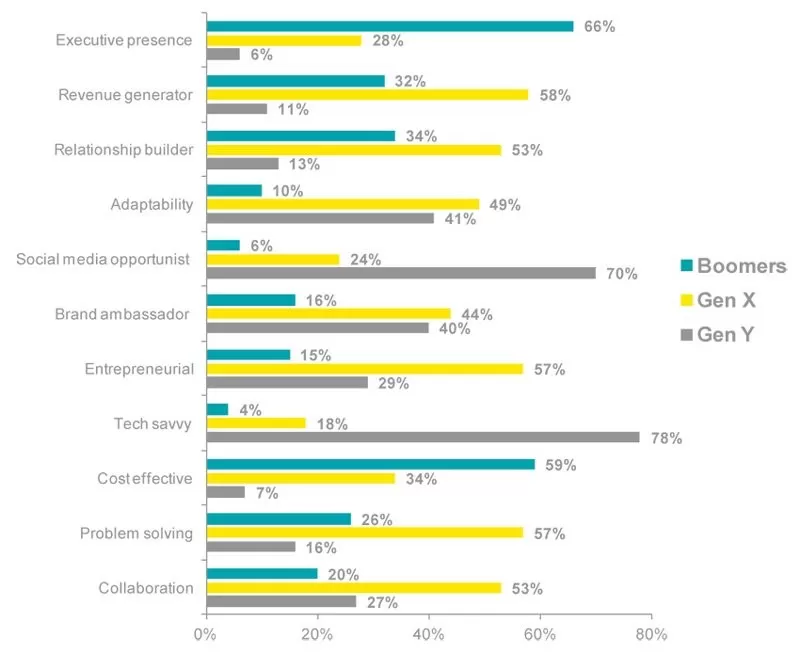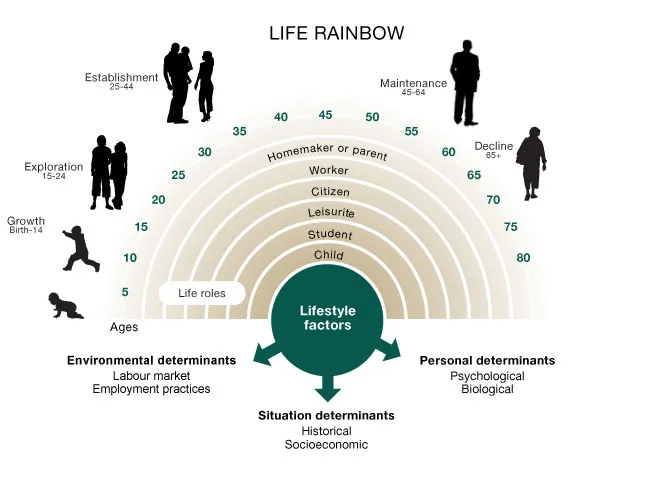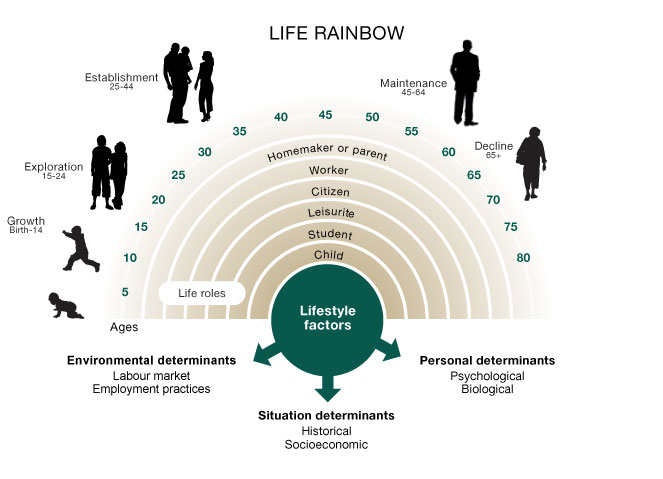Job Title & Organization: Biomedical Engineer/Lead Medical Device Reviewer, FDA
Location: White Oak, Silver Spring Md
How long you’ve been in your current job: 1.5 years
Postdoc Advisor, IC (when at NIH): Joseph Frank, Clinical Center
What do you do as an Engineer/Device Reviewer?
I’m in CDRH, the Center for Devices and Radiological Health. Most people know about the FDA in its capacity as a drug regulatory agency, but it also regulates medical devices. Things like implants, pace makers and all the hardware that you would see in a hospital room – all of the monitoring devices. So, the medical devices have their own regulatory pathways. My day to day job is to review applications from companies for clearance to market a device in the U.S. In some cases, those are straightforward applications, especially if there is already a similar device on the market. In other cases, it can be more complicated, especially if it is a new device or a new technology that we haven’t seen before.
How is the workflow structured?
I am in the Dental Device Branch which I wasn’t expecting to be as interesting as it is, but we get a lot of really fascinating stuff sent our way.
A submission will be assigned to an individual reviewer, who will act as the lead reviewer. Depending on the complexity of the device and the submission, the lead reviewer can either handle it on their own or call in others for consult. There are subject matter experts in the FDA whom we can ask for help. So, with respect to the review, there is the science side of it but there is also a project management side of it. I have my deadlines and I have to write my analysis and reports but I also have to get other people’s reports and compile everything to come up with a consensus.
What are the most important skills that you utilize in your current position?
Absolutely communication skills are vital, both oral and written. The ability to talk to people from different backgrounds and not only to make yourself understood but to understand where they are coming from as well. The ability to keep good records is extremely important since everything we do has legal ramifications. It is important to keep track of why decisions were made and the justification for those decisions. Emails, telephone/conference calls all need to be logged. This is essential because a lot of what we do can have an impact down the line. For example, if a device comes out and is questionable or it doesn’t do well, then it needs to be clear why a decision was made, so being meticulous with our written record is pretty important.
Of course the other thing is that you also have to have to look at data, analyze it and synthesize it. Often, you are working with short deadlines, and with test reports that may or may not include all of the information you’d like, or with studies that haven’t necessarily been designed well. A lot of the time, you are trying to do the best you can with what you have. It means relying on the scientific and regulatory knowledge of yourself and others to fill in the gaps. The process involves rigorous scientific analysis as well as trying to navigate through the regulatory framework, to come up with the best rationale to justify a decision. So there are a few constraints that make it interesting.
What is your favorite aspect of your current job?
There are a lot of really great things about it. First, the people that work here are great. The other reviewers come from different backgrounds. Since we review medical devices, we have everybody from engineers to clinicians, to physicists and chemists. There are all sorts of people here, so you walk down the hall and can ask a microbiologist what he thinks about sterilization. Then, down the hall on the other side is an electrical engineer who you can ask about circuits and software. That is a really, really great aspect of it – that everybody comes from a different background but we are all very much a team.
The other thing that I like is the actual science side of it – it is really interesting. There are a lot of ideas and new technology out there which people are trying to get through. It’s interesting to see how technology is progressing and how these things are moving along.
What has been the hardest aspect about transitioning into this career? What are some of the challenges you initially faced?
It might sound silly, but sitting at a desk is really difficult. I was not prepared for that. I’m evaluating the data in applications, so I am pretty much at a computer most of the day. I’ve found that being at a computer can be tiring. It is not the same as being in a lab where you are running around and doing different things all the time.
The other thing, which I probably should have expected, is coming in and not knowing much. It has been difficult, but thankfully the people that I work with are all amazing. There’s a lot of experience in my branch and everybody is incredibly generous with their time and answering questions. There’s a sense that they have all been here before and we are all in this together. I like that curiosity encouraged here. However, being the new guy and dealing with the steep learning curve has been humbling.
How did you come to choose this as your next step?
I knew after my postdoc that I didn’t necessarily want to go into academic science. I had kind of burned out on basic, or even translational research. I realized I wasn’t really cut out for it. I like this because it is very much on the application side of medical research and science. It is as close as you can get to helping change the way that medicine is practiced in the United States, by making sure that new technology gets out to market quickly, but that the data supporting it is strong. From my background as a biomedical engineer, this seemed like a really interesting way to bridge that gap between the social relevance of science and what we do in the lab. I thought that was going to be cool and it has been.
What was your job search like?
I knew people here, so that helped. My wife has actually worked at the FDA for a few years and the fact that she liked her job so much made this seem like an attractive possibility, because I wasn’t necessarily thinking regulatory science until I heard her and her friends from work talk about it. It was definitely helpful to know people.
Also, I used OITE. I used LinkedIn. Lori Conlan (Director of Postdoc Services at OITE) helped connect me to people and I actually ended up getting a few job offers at the same time. So, like people say – network, network, network.
What was your interview like and how did you prepare for it?
I did many, many practice interviews at OITE, which were all really helpful. I met with OITE to learn about what types of questions to expect and how to prepare to answer them. I find interviewing to be very intimidating, because selling myself is not a skill that I have much experience with. So I have found that practice is really important, in order to figure out how to get my points across succinctly and clearly.
The interview itself focused on creative problem solving and how I would go about doing things given certain situations, or how I had solved problems in the past, so it was actually a fun interview. It didn’t seem to focus so much on skill sets as much as personality and problem solving approach. The focus here is on having a broad scientific knowledge and a willingness to learn. Meeting with everybody and the interview process definitely sold me on the job.
Advice for somebody hoping to go down a similar path?
It’s tough coming from academic research, because unless you’ve been involved in the regulatory side of product development, or maybe tech transfer, I don’t think most of us have had experience with regulatory science. I guess if you worked at a regulatory consultancy or law firm that deals with shepherding applications through the FDA and the regulatory process in general that could help; however, at the reviewer level, there is an understanding that most people come in without much of a background in the regulatory side of things. The important part is to demonstrate broad scientific literacy, competency, and a willingness to learn new things and put yourself in a position where you aren’t going to have all the answers.
With that being said, I should have done more research on the regulatory process prior to my interview. I talked with my wife a lot and she explained the broad process to me. But there are resources on the FDA’s website intended to describe the process to industry, and I would recommend that people interested in working here take some time to reveiw those. But still, until you do it, it will all be theoretical and the nuts and bolts of it are often more complicated than it sounds.
How long was your search and if you had to do it again, would you change anything about your job search?
One of my problems was that I didn’t have a clear idea of what I wanted to do. Coming from an academic science/research background, the academic path seemed clearly marked out. Anything other than that was unknown. I took advantage of the courses and seminars which OITE offered because a lot of them focused on non-bench career options. Even after that though, I still didn’t necessarily know what I wanted to do, so it would have been nice to nail down a direction a little bit sooner.
I was seriously looking for a job for at least 9 months before I finally got any offers and I was looking in a less serious way for well over a year. It was a reasonably drawn out process, but if I had figured myself out more, it might have helped me identify my options sooner. At the same time, that exploration process was important as well.
Any last bits of advice?
You know, I was told this many times but it didn’t really hit home until after the fact. However, the thing that everybody says about networking and putting yourself out there and exploring different options is really important. I struggled for a while trying to find insight into what I was looking for and that only came after a long process, so try to embark upon that sooner rather than later. Finding a good job was (for me) about knowing myself and what I was looking for in order to find something fulfilling.





